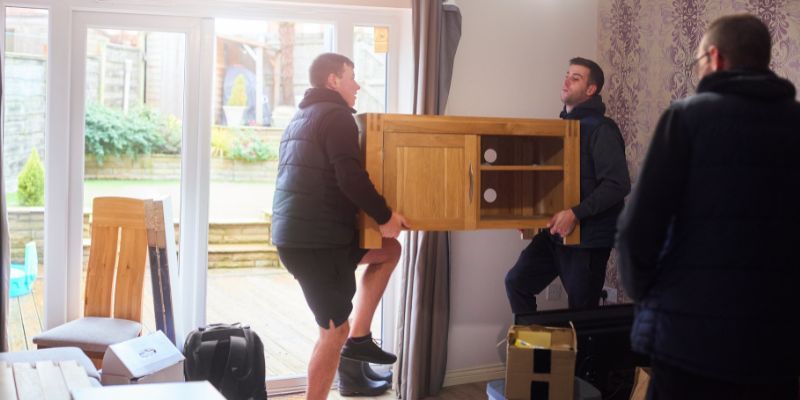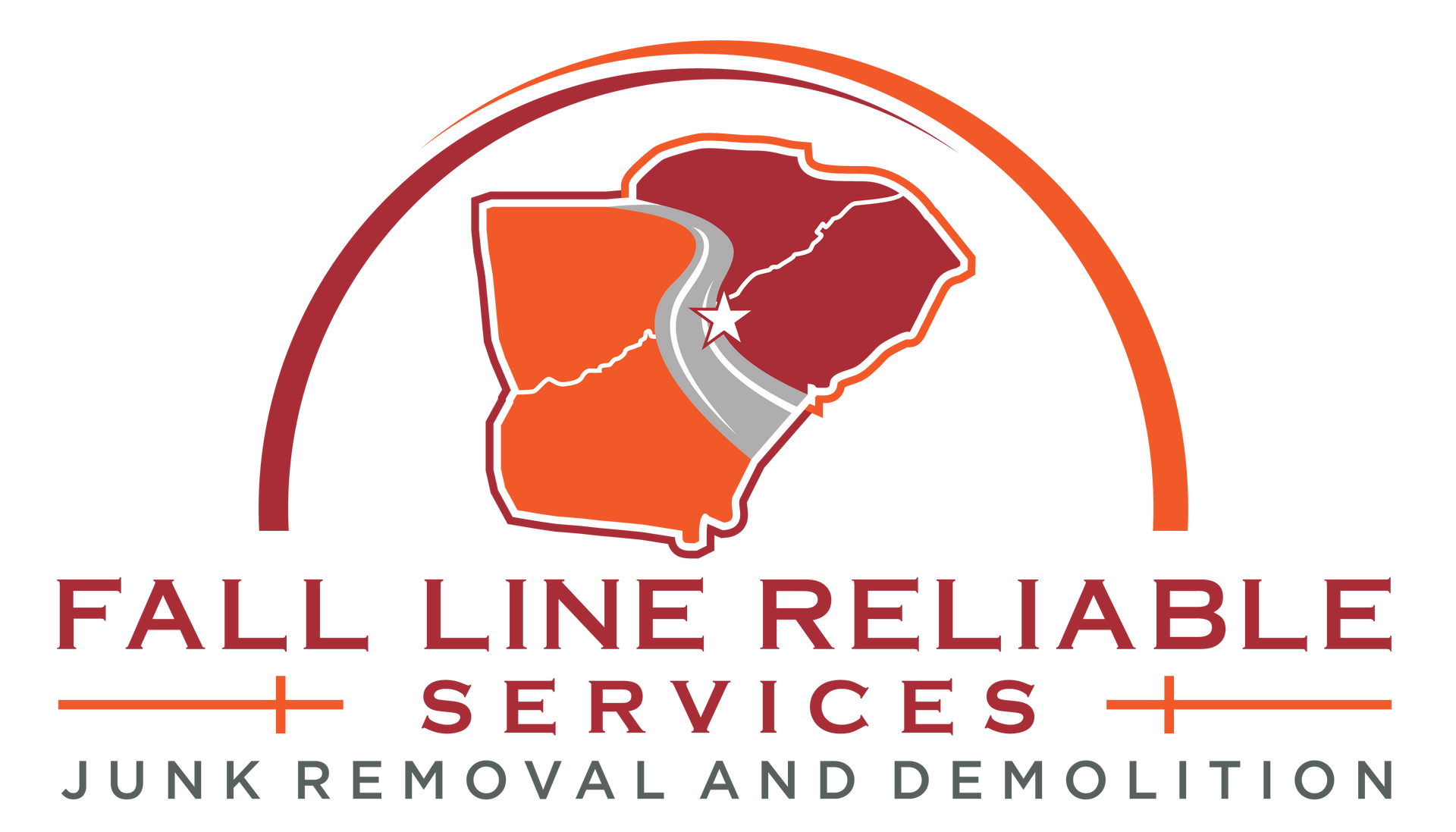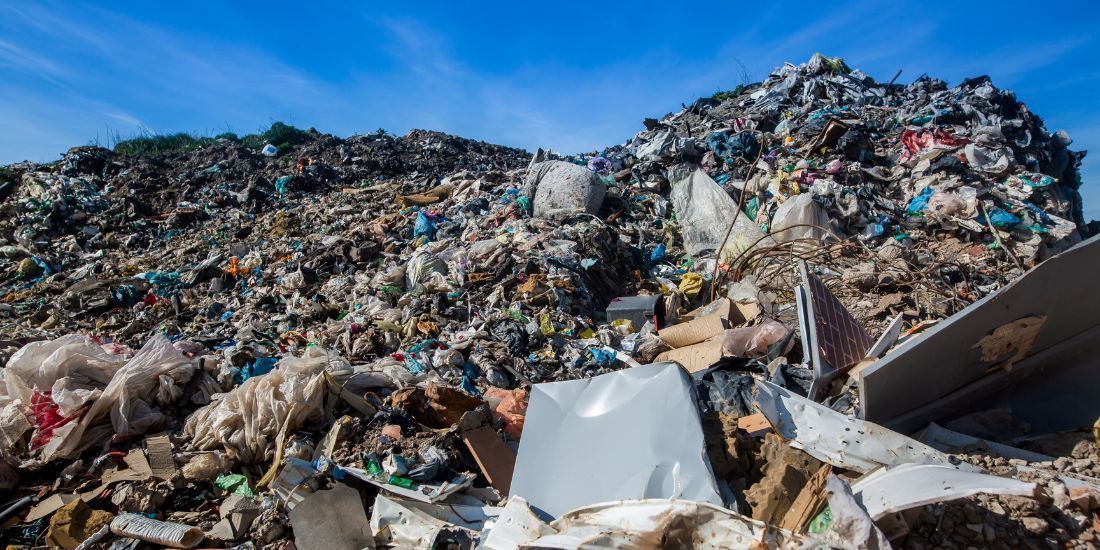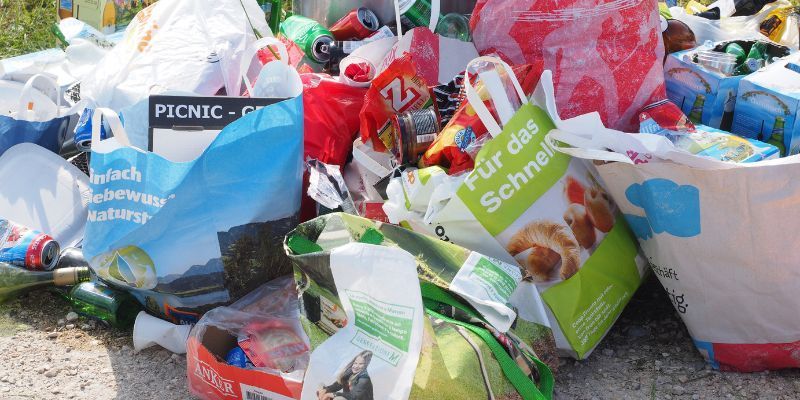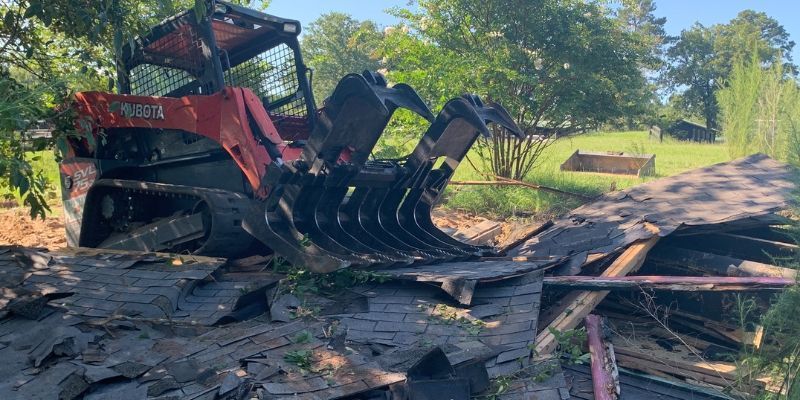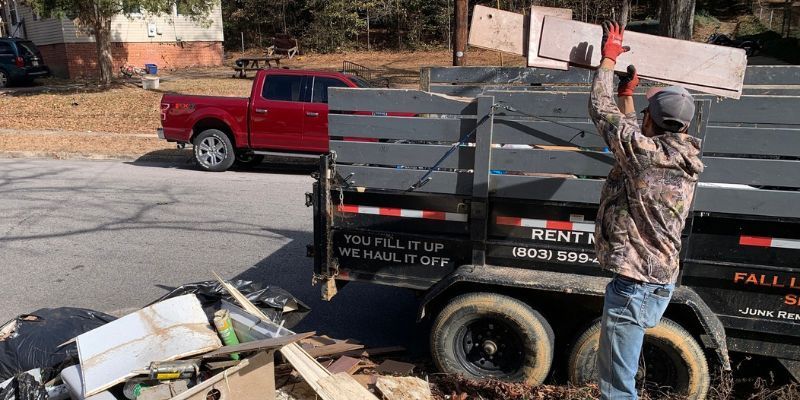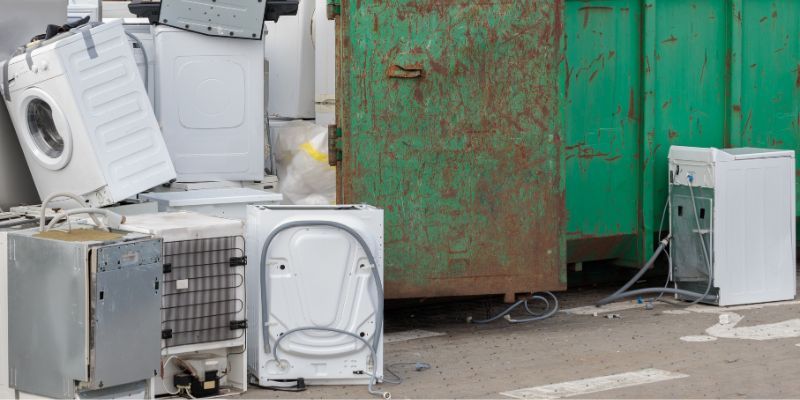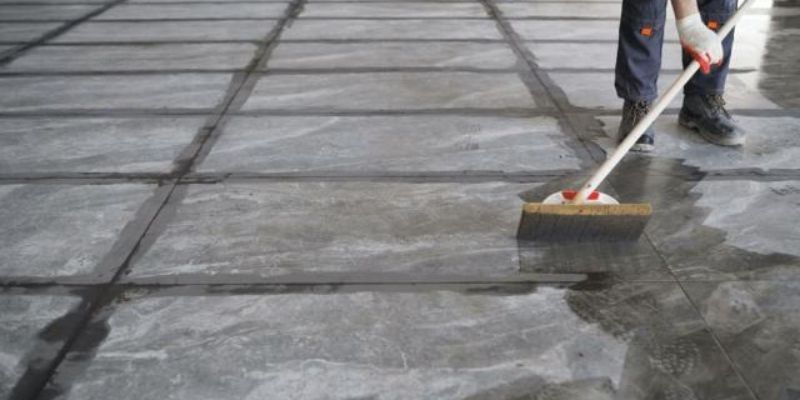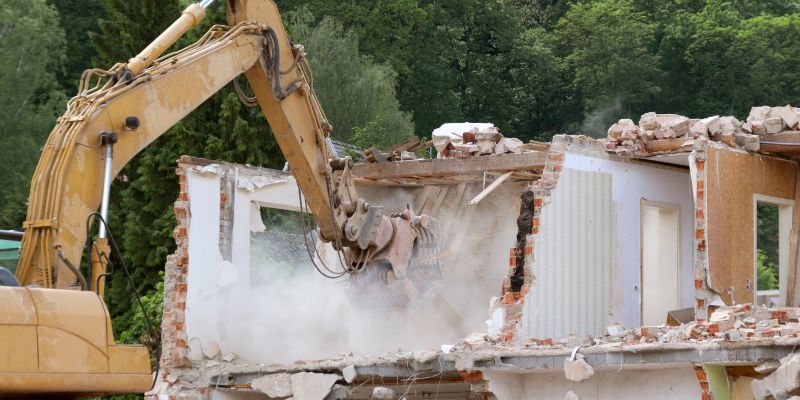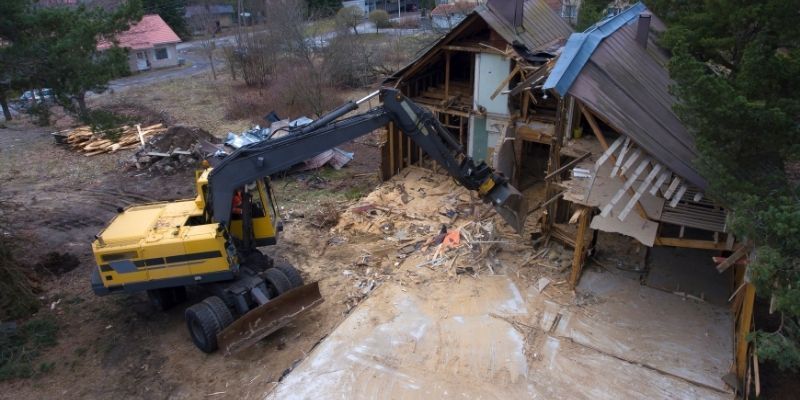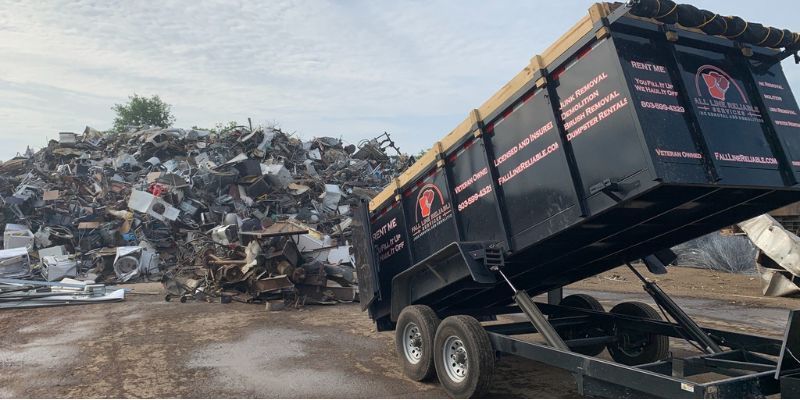How Do You Dispose Of Pressure Treated Wood & Lumber
Pressure treated wood and lumber are commonly used in outdoor projects such as decks, fences, and garden beds. They are treated with chemicals to make them more resistant to rot, insects, and weathering.
The most commonly used chemicals include chromium, copper, and arsenic which if not disposed of properly could be harmful to both the environment and human health.
This type of wood, known for its durability and resistance to rot and insects, can't just be tossed out with your regular trash due to the chemicals it contains. The right disposal methods are crucial not only for our environment but for our health as well.
There are many ways to dispose of pressure treated wood. But since there are different types of pressure treated woods each type has its limitations for recycling or disposal.
Let’s explore in detail what are the possible ways to dispose of pressure treated wood and how professional tree services could help in this regard.
What Does Treated Wood Mean?
Treated wood refers to any type of lumber that has been treated with chemicals to increase its durability and resistance to decay. The most common treatment is pressure treatment, where the wood is placed in a pressurized tank and exposed to a preservative solution that penetrates deep into the fibers of the wood.
However, due to the chemicals used, special consideration is needed when handling and disposing of pressure treated wood.
Why is Pressure-Treated Wood Considered Hazardous Waste?
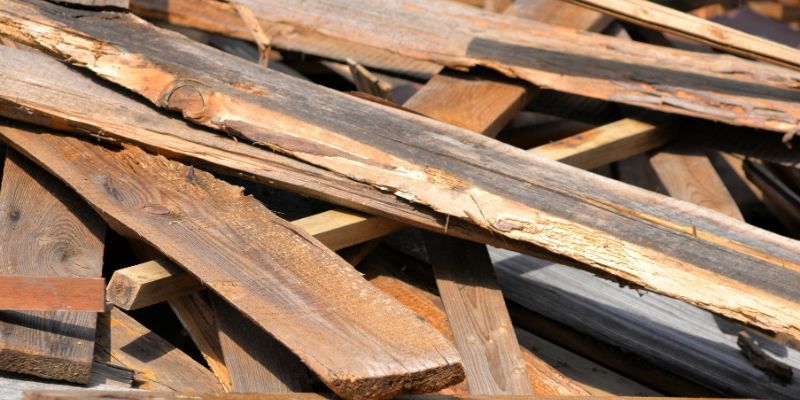
- Chemical Preservatives: Pressure-treated wood contains chemical preservatives, such as arsenic, copper, and chromium, that are toxic to humans and the environment. These chemicals prevent rot and pest infestation but can leach into the soil and water, posing health risks.
- Leaching Risks: Over time, the chemicals in pressure-treated wood can leach out, especially if the wood is broken down or burned, contaminating the soil, and groundwater, and potentially entering the food chain, which can harm wildlife and humans.
- Disposal Concerns: Due to its toxic chemical content, pressure-treated wood cannot be disposed of like regular household waste. Burning it releases harmful toxins into the air, and landfilling can contaminate land and water resources.
- Regulation and Management: Many regions classify pressure-treated wood as hazardous waste, requiring special handling and disposal procedures to minimize environmental and health impacts.
- Recycling Challenges: The chemical treatment complicates recycling efforts, as the wood cannot be easily repurposed for any use without risking exposure to toxic substances, limiting the options for safe disposal and reuse.
How Do You Dispose of Pressure Treated Wood?
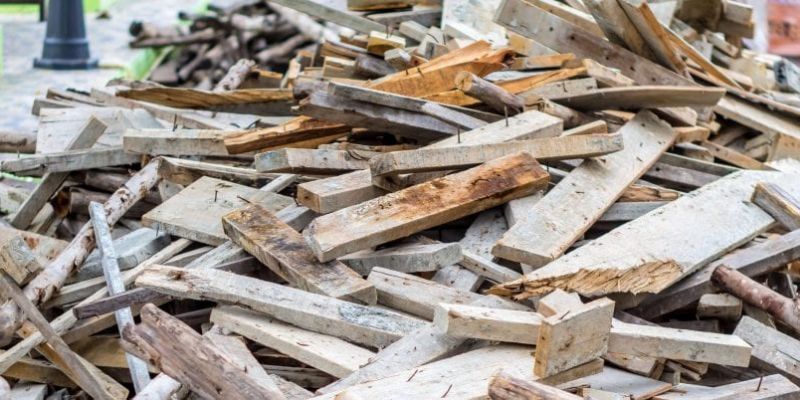
Repurpose or Reuse (With Caution)
If the wood is still in good condition, consider repurposing it for outdoor projects where it won't come into contact with food or living spaces. For example, it could be used to construct walkways, borders for raised garden beds (not for edible plants), or outdoor benches.
However, it's crucial to handle and cut the wood in well-ventilated areas while wearing protective gear, as sawdust and particles can be harmful.
Contact Local Waste Management Authorities
Reach out to your local waste disposal or environmental protection agency to inquire about guidelines for disposing of pressure-treated wood. These organizations often have specific procedures to prevent environmental contamination, including designated drop-off days or facilities equipped to handle hazardous waste.
Following their instructions ensures that the wood is disposed of safely and legally.
Landfill with Precautions
Although not the most environmentally friendly option, some landfills are equipped to handle pressure-treated wood safely. These facilities have special liners and leachate collection systems to prevent chemicals from contaminating the ground and water.
Before choosing this option, confirm with the landfill that they accept pressure-treated wood and follow their guidelines for disposal to minimize environmental impact.
Donate for Industrial Use
Some industrial facilities or organizations might accept pressure-treated wood for use in non-residential projects where human and environmental exposure is minimal. For example, it could be repurposed for industrial landscaping, barriers, or other applications where its chemical treatment provides a benefit.
Always verify that the receiving party is aware of the wood's treatment and has protocols in place for safe handling and use.
Using a Tree Disposing Service
Some tree disposal and trimming services offer the option to take away pressure-treated wood for disposal as part of their landscaping or tree removal services. They often have the knowledge and resources to dispose of the wood safely, ensuring it doesn't end up in landfills where it can leach harmful chemicals into the soil and water.
This option is convenient, especially if you're already using their services for yard maintenance.
Construction and Demolition Debris Processing Facilities
Some facilities specialize in handling construction and demolition debris, which can include pressure-treated wood. These facilities often sort, process, and repurpose materials in a way that reduces environmental harm. For example, the wood might be chipped for use in industrial applications where direct contact with humans and the ecosystem is limited.
Hire a Professional Waste Disposal Service
Specialized waste disposal companies are equipped to handle hazardous materials like pressure-treated wood. They understand the legal and environmental implications and can ensure that the wood is disposed of in a manner that minimizes harm to the environment and complies with local regulations. Hiring such a service removes the burden from the individual and guarantees responsible disposal. In addition, they also offer
dumpster rental services to haul away your junk in a much easier way.
Where Can I Dispose of Pressure Treated Wood?
Disposing of pressure-treated wood requires careful consideration due to its hazardous nature. Here are several places where you can safely dispose of this type of wood:
- Local waste management facilities that accept hazardous materials.
- Specialized hazardous waste disposal services.
- Landfills equipped with proper containment measures for hazardous waste.
- Municipal drop-off sites are designated for treated wood disposal during specific collection events.
- Certified incineration facilities equipped to handle the byproducts of burning treated wood safely.
- Community hazardous waste collection programs or events.
Can I Burn Pressure-Treated Wood?
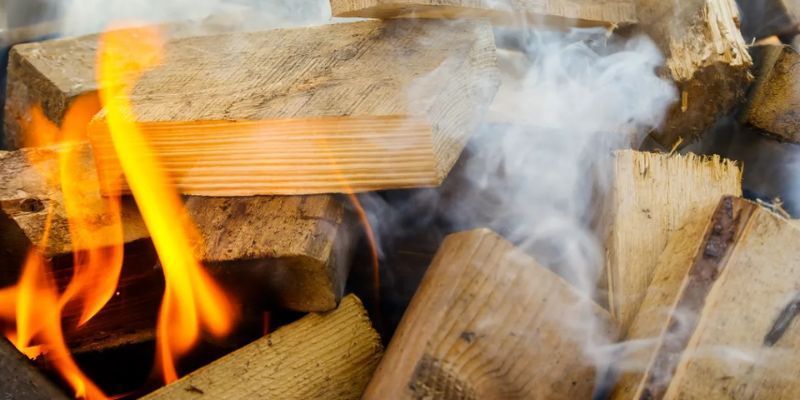
No, you should not burn pressure-treated wood. When burned, it releases toxic chemicals into the air, which can be harmful to both human health and the environment. These toxins can affect the air quality and pose a risk to anyone inhaling the smoke. Instead of burning, it's crucial to dispose of pressure-treated wood through safer methods, such as contacting local waste management facilities or specialized disposal services that handle hazardous materials properly.
Conclusion
It's crucial to emphasize the importance of handling this material responsibly to protect both the environment and human health. Proper disposal methods, such as taking it to designated facilities or arranging for professional removal services, ensure that any potential hazards are managed effectively.
Remember, when dealing with pressure-treated wood, always prioritize safety and environmental consciousness. If you're looking for expert assistance in junk removal for your residential or commercial projects, consider reaching out to
Fall Line Reliable Services for professional services. Contact us at
803-599-4329 to discover how we can simplify your
waste management needs.
